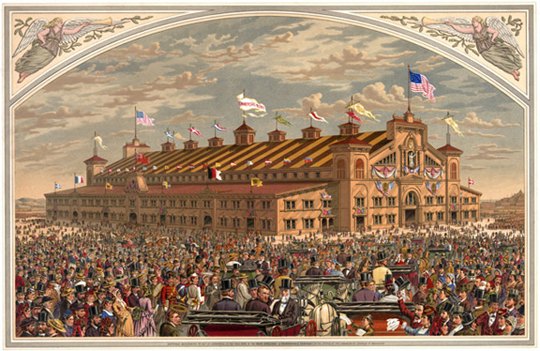President Kennedy Makes Triumphant + Emotional Visit to Ireland on June 26-29, 1963

President John F. Kennedy as the President’s motorcade passes through Cork, Ireland. Photo Courtesy of JFK Library President John F. Kennedy's official visit to Ireland on June 26-29, 1963 was considered a high point of his presidency, both for the president himself and for Ireland. The President’s eight great-grandparents all emigrated to Boston, Massachusetts during the Irish Famine of the late 1840’s, seeking to take advantage of the economic opportunity offered in America. By the end of the century, both of President Kennedy’s grandfathers had become successful Boston politicians. Patrick J. Kennedy was a tavern owner and later a banker who served in both Houses of the Massachusetts Legislature and was the political "boss” of a ward in Boston. John F. ("Honey Fitz") Fitzgerald, a colorful politician who served in the Massachusetts State Senate and the U.S. House of Representatives, was also mayor of Boston for three terms. The visit captured the world’s imag...



